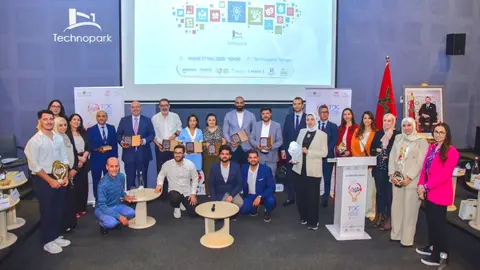Artificial Intelligence revolutionises the textile industry
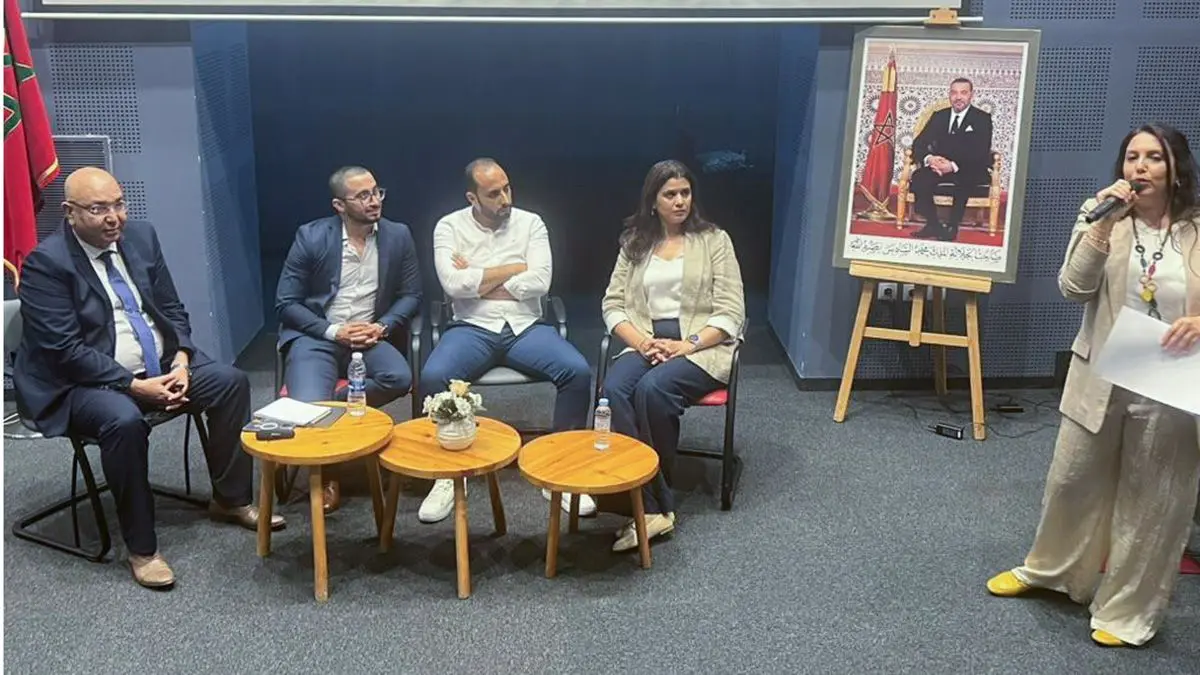
As part of its efforts to support companies in the region, the Regional Investment Centre of the Tangier-Tetouan-Al Hoceima Region (CRITTA) and the Technical Centre for Textiles and Clothing (CTTH), in collaboration with the Moroccan Association of Textile and Clothing Industries (AMITH) of Tangier, held a masterclass for professionals in the textile sector at the Tangier Technopark.
Addressing the topic of Artificial Intelligence applied to the textile sector, CRITTA seeks to raise awareness of the strategic contribution of AI to improving productivity, quality and competitiveness in textile and clothing manufacturing units.
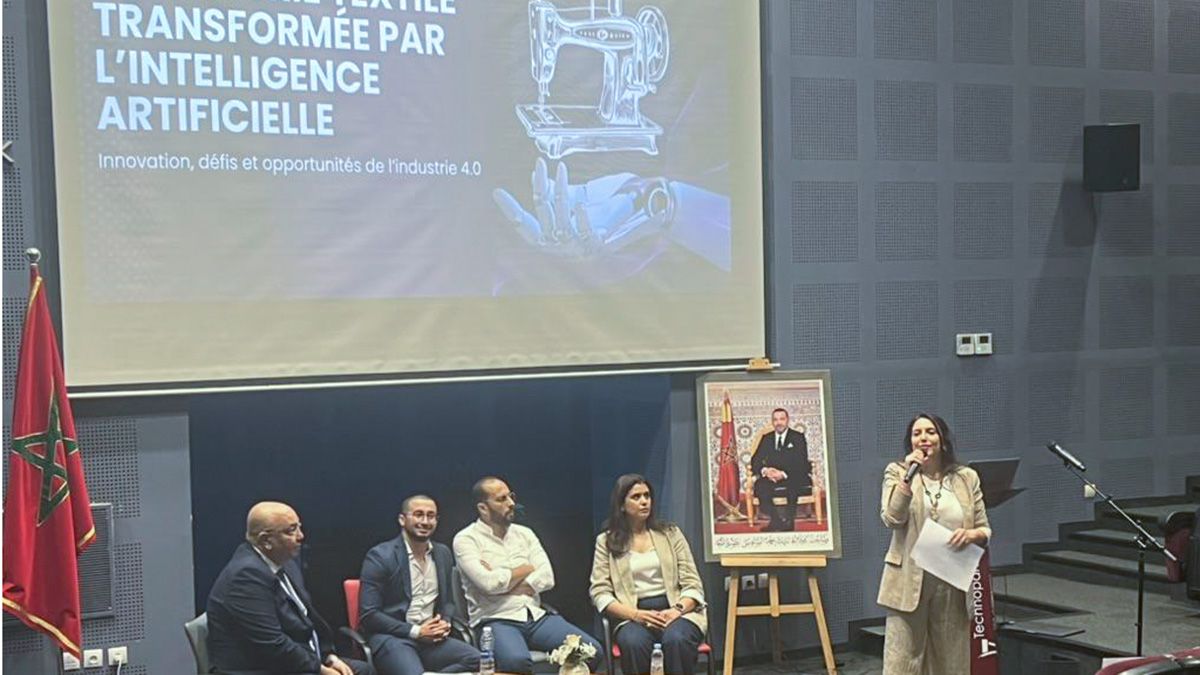
AI, a performance accelerator
Artificial Intelligence plays a crucial role in today's textile industry, where it has become imperative to rely on technology to achieve greater automation, high productivity and better quality textile products in record time.
Hamza el Yakouti, representative of the Technical Centre for Textiles and Clothing (CTTH), emphasised that Artificial Intelligence is also applied in research and development to support the evolution of local infrastructure, seeking to act as a bridge between academia and industry.
Yakouti emphasised that AI can also be used to work on current issues, solve industry problems and propose tangible solutions that can be implemented by the textile industry. According to him, AI can be used to:
- Automate production processes such as quality control and machine monitoring.
- Optimise resources in fabric development and product customisation.
- Create prototypes and organise production runs.
- Ensure logistical efficiency and avoid wasted time.
- Make better decisions to solve problems based on data analysis.
- Reduce waste and errors through the automation of repetitive tasks.
Artificial Intelligence can be a decisive factor in sustainable, ecological development, as well as ensuring carbon energy balance. In this regard, Yakouti stated that the CTTH has a department that works closely with manufacturers to calculate their carbon footprint and develop solutions to reduce carbon emissions.
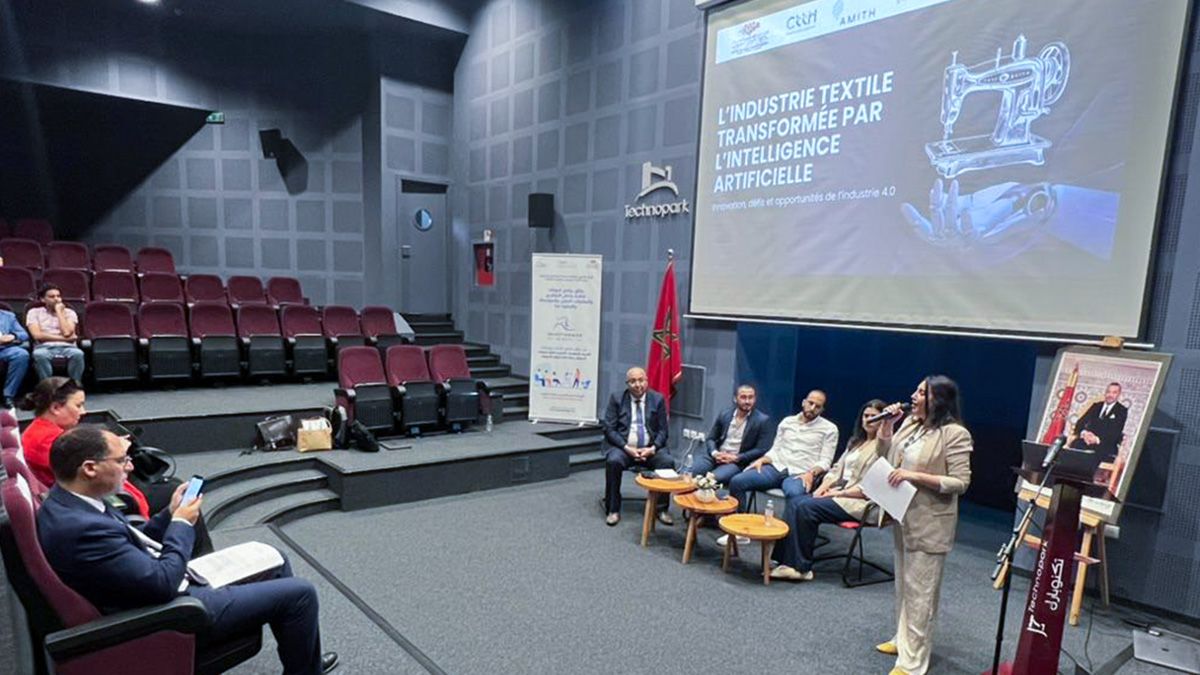
CTTH, at the service of the textile sector
The Technical Centre for Textiles and Clothing, located in Casablanca, is the only laboratory accredited by an international body that invests 5 million euros to carry out research with a supervision rate of 70% and more than 30,000 samples per year.
Considered the leading research and development centre in Africa and the MENA region, the centre has several laboratories, including an authorised and accredited hygiene laboratory for the control of toys and detergents, as well as an in-house water control laboratory.
With its wide range of expertise extending beyond textiles and aviation, and professional equipment to process and analyse various matrices, including technical textiles for automotive, medical, sports and protective clothing, the CTTH works with more than 400 industrial companies.
With a variety of value-added services including research and development, training and certification, the organisation collaborates with various bodies to secure funding mechanisms, benefiting from the Innovation Support Fund (FSI) to finance innovative projects.
The centre is authorised by the Ministry of Industry to control imports entering Moroccan territory. Therefore, the CTTH is approved for a range of products that can be tested and approved for entry into Moroccan territory.
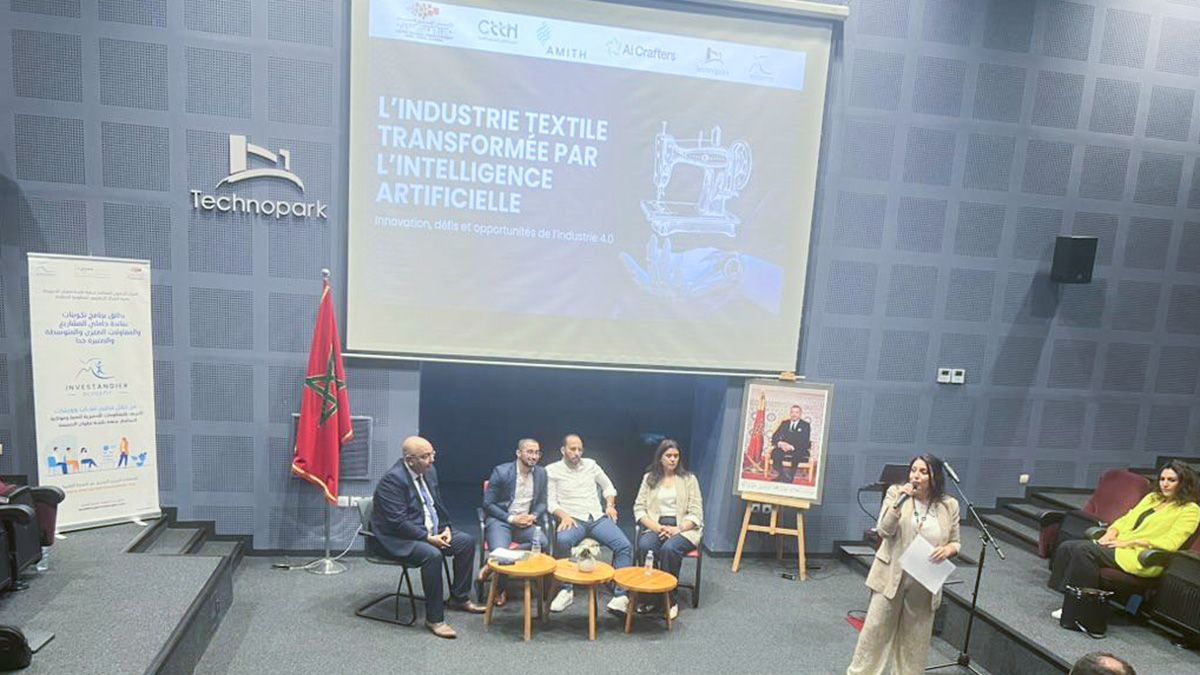
The ethics of AI
After explaining the evolution of artificial intelligence over the past 70 years, from its inception to its first applications in 2010, the director of the National School of Applied Sciences (ENSA), Kamal Reklaoui, went on to analyse the difference between traditional AI and generative AI.
Reklaoui explained how classic AI uses predefined algorithms to analyse data and predict results, applying itself to very specific tasks. This technique is based on providing knowledge based on predefined rules.
In contrast, generative AI learns from data patterns to create new content, such as text or images, making it more suitable for more innovative and creative applications. Unlike traditional AI, generative AI is capable of creating new data and novel content by learning patterns from data.
The director of ENSA also shed light on the importance of ethics in the field of AI, clarifying the principles that protect data privacy, fairness and transparency, without losing sight of the importance of preventing the misuse of this technology.
He gave a comprehensive overview of the current AI ethics market in light of existing laws governing this field of technology, giving examples of the role AI plays in our daily lives, representing not only an opportunity not to be missed, but also a threat to some professions.

